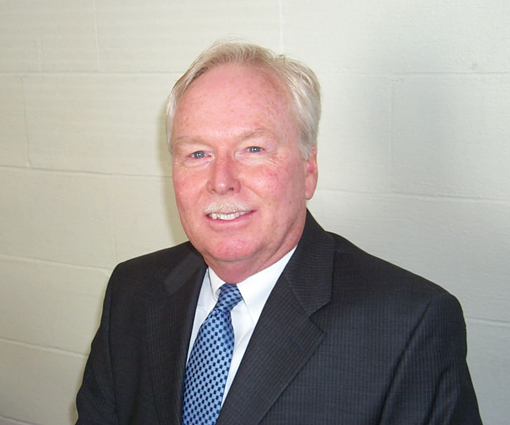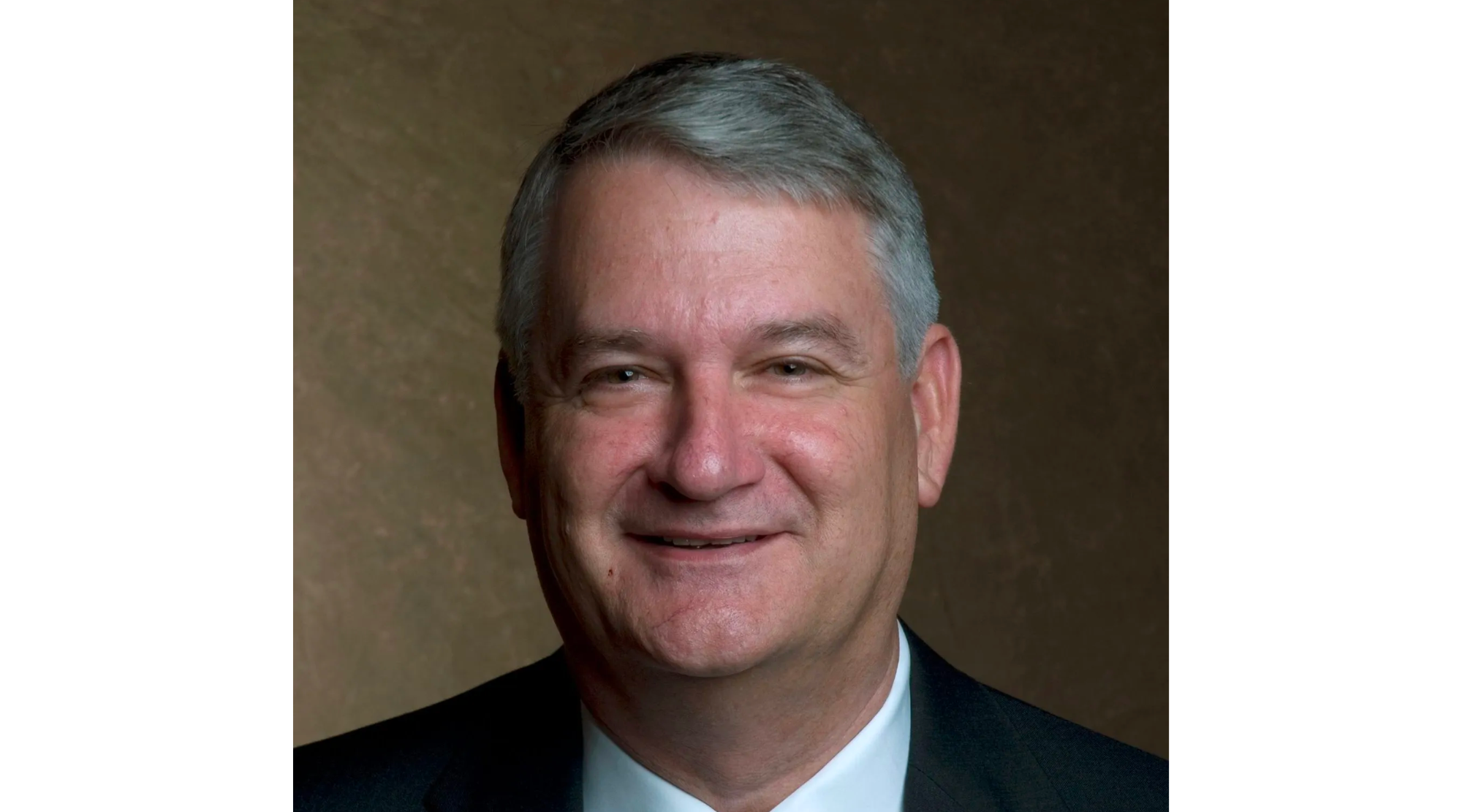State senator seeks to provide support to disabled community
Published 6:22 pm Friday, January 29, 2016
Republican State Sen. Fran Millar represents Georgia’s 40th District in the north Atlanta suburbs and is not your typical glad-handing, hail-fellow-well-met kind of politician. One Atlanta newspaper columnist calls him “perpetually grumpy” and “ornery.” Now in his third term in the Senate after serving 12 years in the House, what you see with Sen. Millar is what you get: perpetually grumpy and ornery and a straight-shooter.
I much prefer his style to that of one of his puffed-up colleagues who, on the few occasions that I have been on the Senate floor, has breezed past me as though I was a potted plant and then has the temerity to invite me to his fundraisers. I would as soon go to a hog-killing.
That is why when Sen. Millar stopped me one day at an Education Reform Commission meeting of which he and I were members to tell me he was working on a piece of legislation that he thought would be of interest to my readers, I knew we weren’t talking some self-aggrandizing PR puff. Fran Millar doesn’t do PR puff. He was referring to legislation that he believes will be of great benefit to the disabled community. The measure is called Georgia Achieving a Better Life Experience, or ABLE.
Millar says, “Over the years, one of the biggest fears expressed to me by parents that have children with severe disabilities has been, ‘What will happen to our child when we die?’”
Millar hopes to answer that question with ABLE, which will allow individuals living with disabilities to establish tax-free savings accounts, much like the college savings accounts, known as 529 Plans.
Where did he get the idea? “At the end of 2014, Congress passed the federal ABLE Act by a vote of 404-17 in the House and 76-16 in the Senate,” he said, “and gave the states the opportunity to set up similar programs for its citizens. I heard about it at a meeting and thought it sounded like a good thing to do for Georgia’s disabled community.” Millar says the federal legislation was one of the rare times when “Washington got it right and showed a little bipartisan cooperation.” He wants to see the same thing happen in the General Assembly.
Eligibility for ABLE is limited to individuals with disabilities that occurred before age 26.
If someone applies after that age, they will need documentation that indicates the onset of the disability came before the age of 26.
Passage of Georgia’s ABLE Act would allow total annual after-tax contributions of up to $14,000 from family, friends or the person with the disability. Accounts cannot exceed $235,000. Once an account exceeds $100,000, Social Security income benefits are suspended but Medicare eligibility remains intact.
An ABLE account could be used for a variety of essential expenses, including education, employment training, medical and dental care, housing and transportation among other things.
It is estimated that there are currently some 300,000 disabled persons in our state. The National Disability Institute estimates some 67,000 accounts will initially be established in Georgia if and when ABLE becomes law.
Because earnings from these accounts are tax-free, the bill must originate in the House of Representatives where all tax legislation is first considered. State Reps. Lee Hawkins (R-Gainesville) and Scot Turner (R-Holly Springs) will introduce the legislation in the House and, assuming it passes that body, Sen. Millar will manage the measure in the Senate.
I asked Millar if he foresees any opposition to the passage of the ABLE Act. “There is none that I know off,” he says, “although I am sure there will be somebody who won’t like the fact that it will cost the state perhaps $8-9 million in lost revenue, but given that our budget is $24 billion, that’s a small price to pay to give our disabled citizens and their families some peace of mind.”
I agree.
“Other than that, I suspect it will surprise a lot of people to know that there are so many compassionate Republicans in the Legislature,” he quipped.
I told Sen. Millar I thought the effort was a noble one and that it could help a lot of deserving people. If I was looking for some warm and fuzzy response, I was looking at the wrong person. In his perpetually grumpy style, Fran Millar said, “If we can’t do this kind of thing for the least of these, who the hell are we doing it for?” You’ve got to love the guy.





